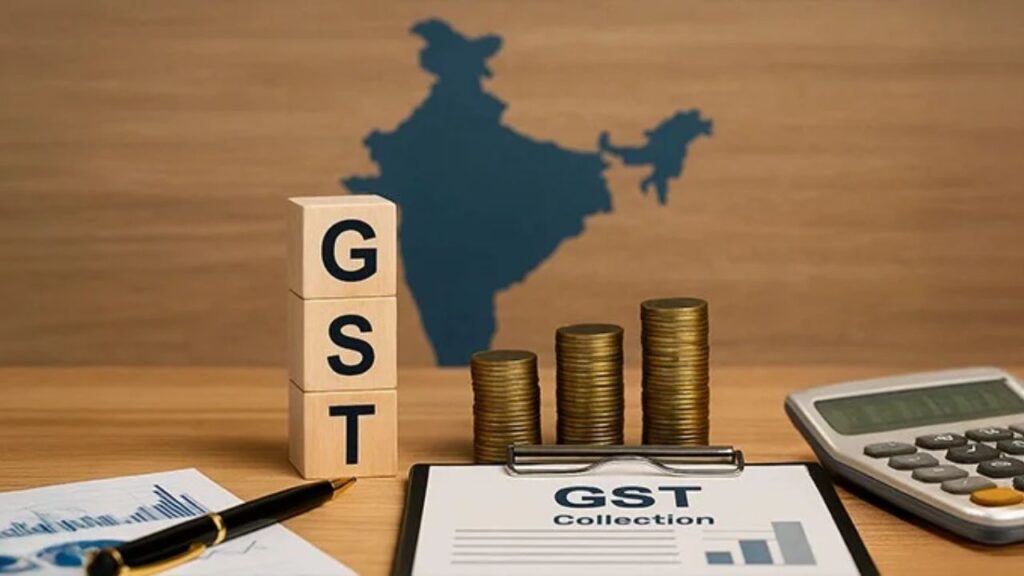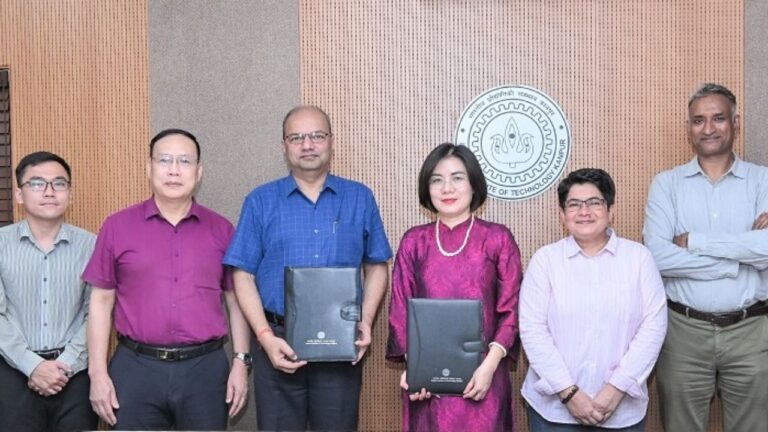
Indian households are holding back on big-ticket purchases as they await clarity on the proposed merger of goods and services tax (GST) slabs. Still, consumer goods makers, electronics firms, and retailers are pushing ahead with aggressive plans for the upcoming festive season, banking on a demand revival once new tax rates are announced.
Prime Minister Narendra Modi, in his Independence Day address, outlined GST reforms aimed at easing household budgets. The government has proposed retaining only two key GST slabs—5% and 18%—while phasing out the 12% and 28% rates. The move is expected to make several consumer products cheaper, fuelling a wave of festive shopping.
“Industry players are hopeful that the revised tax rates will be announced by September, which could set the stage for a rebound in demand,” said B. Thiagarajan, managing director at Blue Star. While a weak summer had dampened sales of cooling products, he remains confident of ending the financial year with 15–20% growth.
For now, consumer demand in categories like electronics and appliances remains muted, with many households delaying purchases in anticipation of lower prices. Transactions linked to business requirements and home upgrades continue, but most brands are now preparing for sharper discounting and stronger competition in the coming months.
Strong Festive Preparations Underway
Despite the pause in discretionary spending, leading companies in fast-moving consumer goods (FMCG) and electronics are expanding distribution networks, ramping up promotional campaigns, and readying premium product lines.
“Footfalls in modern trade began to rise around the 15 August weekend, and hiring for in-store promotions is already up by nearly 50%,” said Aditya Goel, co-founder of retail solutions firm Love-in-Store. “From August to December, companies are investing heavily in on-ground visibility.”
Parle Products has also reported early momentum. “E-commerce and quick-commerce sales have been robust, and urban demand is strong,” said Mayank Shah, vice president at the company. With food inflation easing and tax relief measures supporting disposable income, FMCG companies are unlikely to raise prices during the festive season, he added.
Retailers Report Positive Signs
Retailers Association of India (RAI) data shows that sales across categories such as food, jewellery, apparel, and footwear grew 8% year-on-year in July, maintaining a steady 7–8% growth trend seen in recent months.
“This reflects improving consumer sentiment, especially for discretionary categories,” said RAI CEO Kumar Rajagopalan. “If the momentum sustains, retailers are poised for a strong festive quarter, though global uncertainties and pending GST decisions remain factors to watch.”
Optimism in Appliances and FMCG
The Godrej Group is betting on rural demand and an improved monsoon to lift sales of household appliances. “We are targeting 40% growth this festive season with a wider range of AI-powered, premium products and attractive offers,” said Kamal Nandi, business head of Godrej Appliances. He added that GST reductions would further push sales of high-value products like air conditioners.
Distributors also expect clarity on GST soon, which they say will help clear existing stock and accelerate festive buying. “So far, festive demand has been steady. The real test will come once GST changes are implemented,” said Dhairyshil Patil, national president of the All India Consumer Products Distributors Federation.
The Road Ahead
With companies doubling down on promotions, new product launches, and discounts, the festive season is shaping up to be crucial for consumption growth. While consumers wait for tax relief to make purchases more affordable, brands are preparing to capture the surge in demand once spending picks up.






